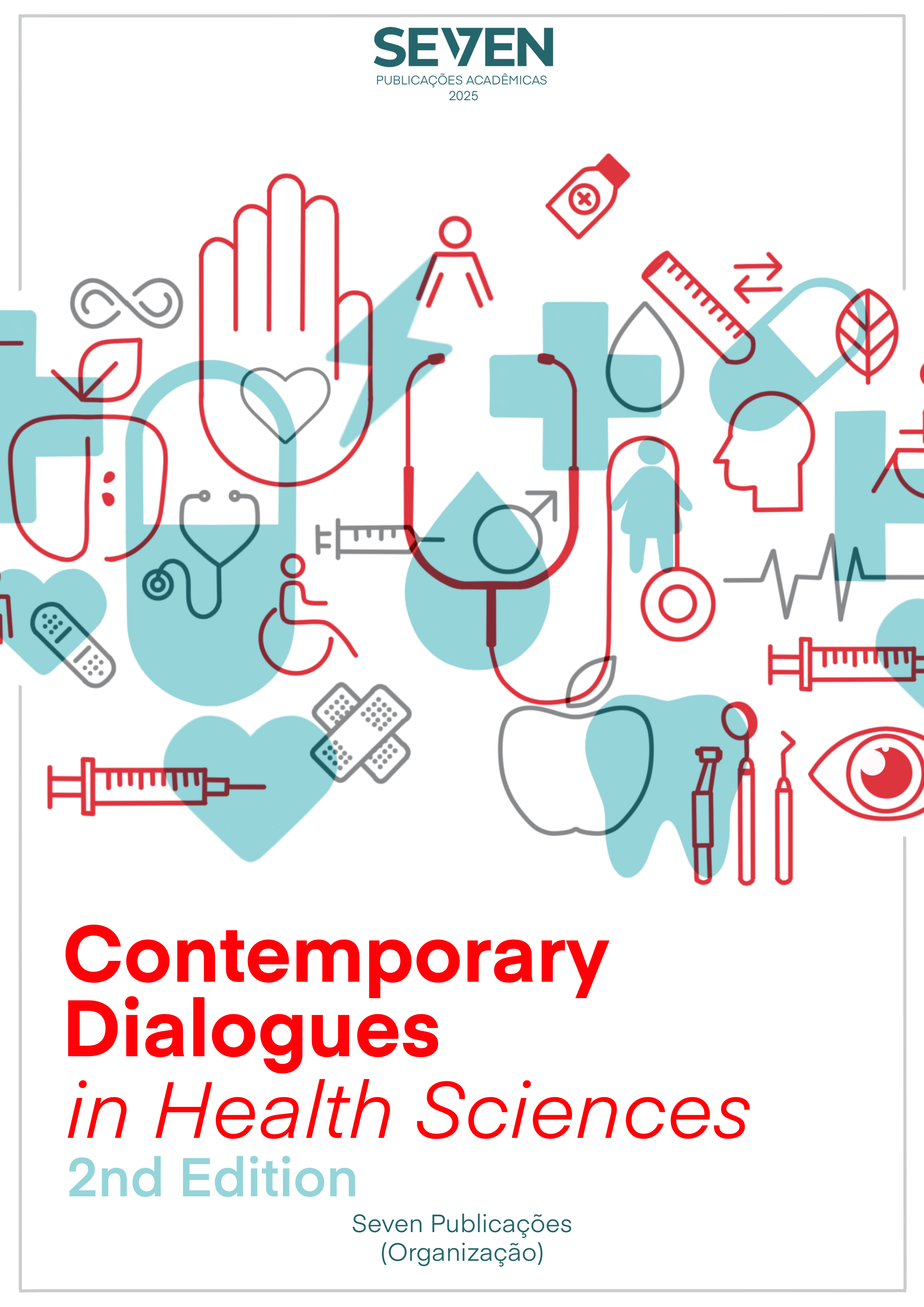LA RELACIÓN ENTRE LOS ASPECTOS SOCIALES, LOS SÍNTOMAS PSICOLÓGICOS Y EL CONSUMO DE SUSTANCIAS DURANTE LA PANDEMIA DE COVID-19
Palabras clave:
Coronavirus, Pandemias, Adicción a las Drogas, Estrés, Ansiedad y DepresiónResumen
En 2020, la Organización Mundial de la Salud (OMS) declaró una emergencia de salud pública y una pandemia de COVID-19, enfermedad causada por un coronavirus altamente contagioso con elevada morbilidad y mortalidad. Las medidas de control incluyeron el distanciamiento social y el uso de mascarillas, lo que impactó a la población tanto en su salud mental como en aspectos sociales. El objetivo de este estudio fue analizar la relación entre los aspectos sociales, los síntomas psicológicos y el consumo de sustancias durante la pandemia de COVID-19. Se trata de un estudio transversal, derivado de una cohorte prospectiva, en el que se aplicaron cuestionarios electrónicos en cuatro etapas. Los instrumentos utilizados incluyeron un cuestionario socioeconómico, la escala AUDIT-C para evaluar la dependencia del alcohol, la escala DASS-21 para medir los síntomas de estrés, ansiedad y depresión, y la escala PCL-5 para evaluar el trastorno de estrés postraumático. Los datos se analizaron mediante tablas de frecuencias absolutas y relativas. El estudio se ajustó a las directrices éticas de la Resolución 466/2012 del CNS y fue aprobado por el Comité de Ética de la Investigación con el número de registro CAAE: 30420620.5.0000.5346. Los participantes en las cuatro fases del estudio fueron personas mayores de 18 años que respondieron voluntariamente a la encuesta; solo se excluyeron quienes no proporcionaron una dirección de correo electrónico válida. En total, participaron 6100 personas, en su mayoría menores de 35 años (61,1 %), mujeres (75,6 %), solteras (57,3 %), de raza blanca (84,9 %) y estudiantes (51 %). Entre los participantes, el 80,9 % no presentaba riesgo de infección por COVID-19, el 88,6 % no tenía comorbilidades y el 93,1 % sufrió interrupciones en sus actividades diarias debido a la pandemia. Sin embargo, no se observaron cambios significativos en los ingresos. En cuanto al consumo de sustancias, el consumo de alcohol se clasificó predominantemente como moderado, entre 1 y 4 bebidas al mes, y se asoció más con hombres y depresión. El riesgo de dependencia alcohólica fue mayor en la primera fase del estudio, y se observó un aumento en el consumo de cigarrillos durante todo el periodo analizado. Respecto a los síntomas psicológicos, el estrés se asoció más con las mujeres en la primera fase de la investigación, con un 26,3 % de participantes que ya presentaban síntomas previos. En todas las fases del estudio se identificaron síntomas de estrés, ansiedad y depresión, con una mayor incidencia en la primera y la segunda fase, con una intensidad que varió de moderada a grave. Dada la magnitud de la pandemia de COVID-19 y los drásticos cambios impuestos en la vida de la población, este estudio contribuyó a comprender el impacto de la pandemia en el consumo de sustancias y la salud mental. Los resultados subrayan la necesidad de un seguimiento continuo de estas personas y una evaluación de la situación pospandémica.
Descargas
Publicado
Número
Sección
Licencia

Esta obra está bajo una licencia internacional Creative Commons Atribución-NoComercial 4.0.





